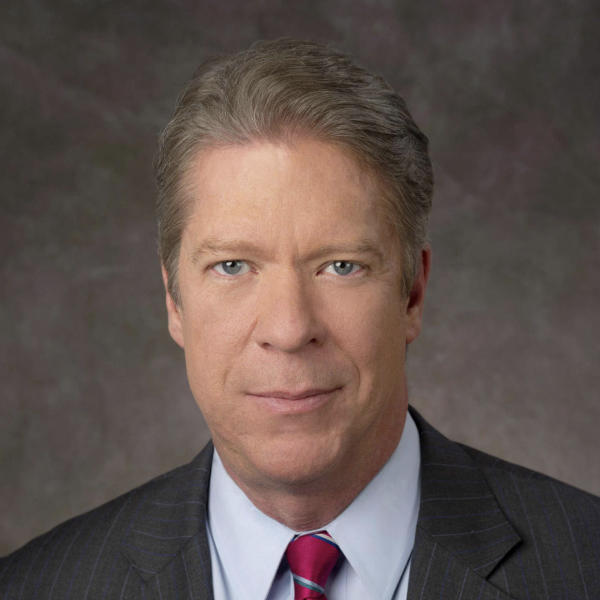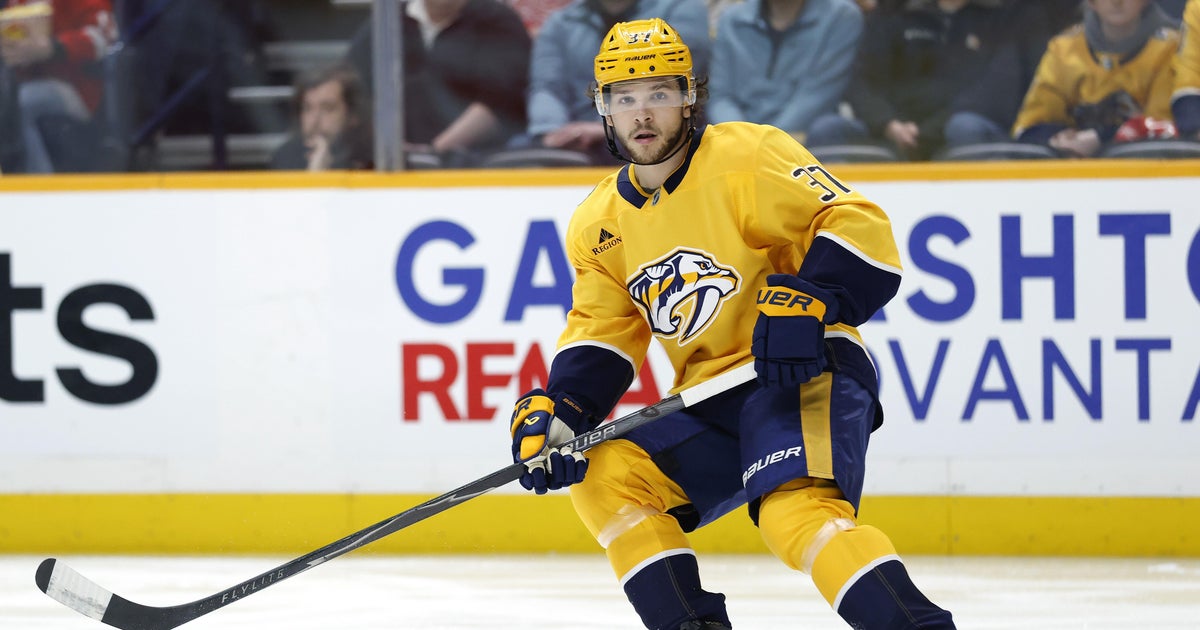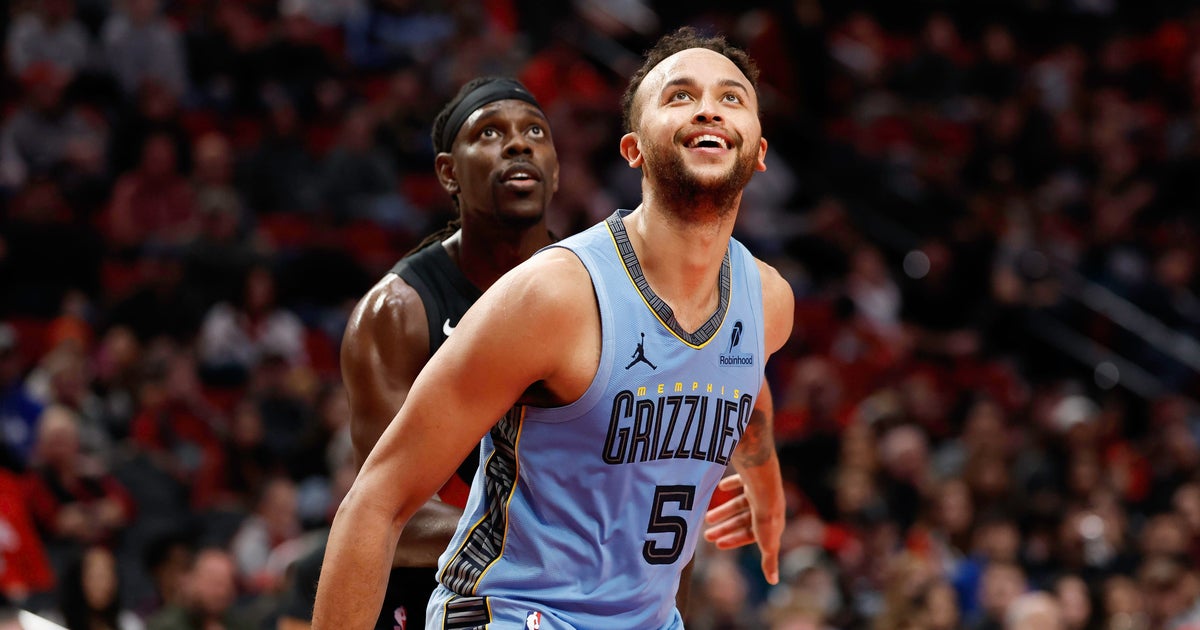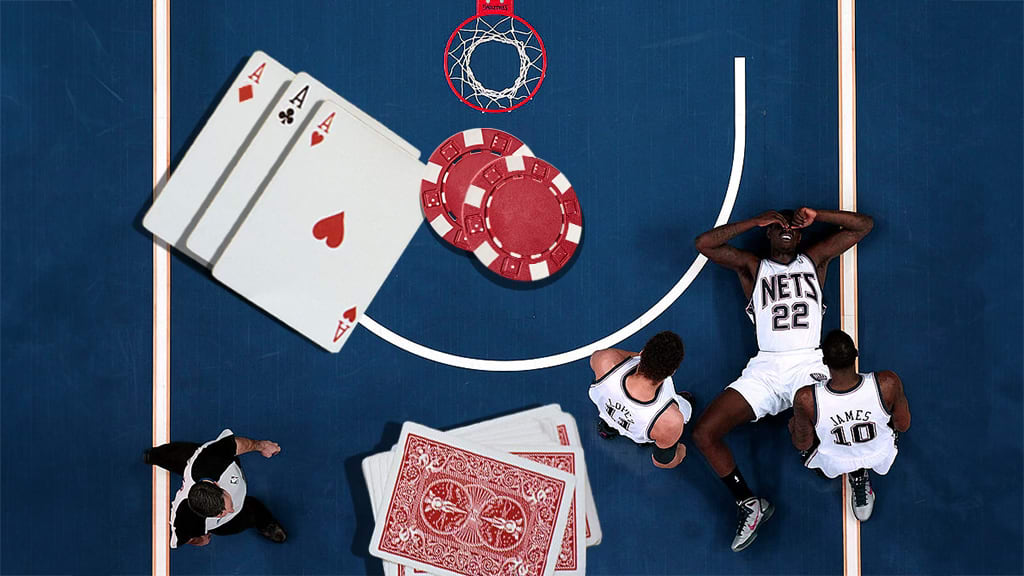Willie O'Ree, the first Black player in the NHL, to be honored by the Bruins and is expected to be honored by Congress
The NHL became the last major professional sports league to add Black players to its ranks when Willie O'Ree, then a 22-year-old forward, skated for the Boston Bruins in the late 1950s. Today, that achievement — and O'Ree's lifetime of promoting the game in minority communities — is being recognized in Boston and on Capitol Hill.
O'Ree, now 86, was playing Minor League Hockey in Quebec when he got the call.
"January the 18th, 1958, the Bruins called the Quebec Aces and said, 'We want O'Ree to meet the Bruins in Montreal to play two games against the Montreal Canadiens,'" he said.
O'Ree did what Jackie Robinson had done 11 years earlier — integrated a White sport as a Black professional.
"They sat me down and said, 'Willie, we brought you up because we think you can add a little something to the club. Don't worry about anything else about just going out and playing your game,'" he said.
The speedy winger did, and after his debut, described it as the "greatest thrill of my life. … I'll always remember this day."
O'Ree was talking about achieving his ultimate goal: playing in the NHL, not making racial history. "I didn't recognize that I had broken the color barrier until I read it in the paper the next day," he said.
However, he said he encountered racial hostility from opposing players as well as fans. Black players in professional sports knew what to expect and were expected to endure the abuse in silence.
O'Ree played 45 games in the NHL over two seasons, then returned to Minor League Hockey where he flourished, twice surpassing previous scoring records.
In San Diego, where O'Ree played eight seasons in the minor leagues, his number is the only one honored in the rafters with a banner. Later this month, Boston will retire O'Ree's jersey number: 22.
"I'm overwhelmed and really, really excited," O'Ree said. "I'm really thrilled."
He is already in the Hockey Hall of Fame, he has a statue at the National Museum of African American History and Culture, and he is expected to receive the Congressional Gold Medal. Senator Debbie Stabenow and Representative Mike Quigley have led the effort to bestow Congress' highest civilian award upon him.
"He really is someone who exemplifies courage and what we want as a role model for our kids," Stabenow said.
Quigley said when he first named O'Ree for the medal "very, very few knew who he was." In fact, the Illinois representative, said he didn't learn about O'Ree until he was an adult.
"When he went to Chicago Stadium as a Boston Bruin, the fans were the worst in the league and so were the players," Quigley said. "It's tough to hear because these were my heroes growing up."
The Senate has already passed a resolution to give O'Ree the gold medal and the House is poised to pass it in the coming weeks.
And, not only was O'Ree the NHL's first Black player, he also spent his entire professional career blind in his right eye.
"It was a slap shot from the point," he said of the injury that caused him to lose his vision. "The puck come up and hit me flat in the right eye and broke my nose."
O'Ree's surgeon said he'd never play hockey again, but within weeks he was back on the ice, striving for the NHL. He swore his family to secrecy and never told any team about his blindness.
"So I just said, 'Forget about what you can't see and just concentrate on what you can see,'" O'Ree said.
What he couldn't see then was the enduring power of his example.
"You can only imagine what he's been through," said Anthony Duclair, who plays forward for the Florida Panthers.
"As a young, Black male playing hockey in a predominately White sport, you don't see too many Black athletes," Duclair said. "Definitely motivated me to make it to the NHL and really pass it on forward to the next generation."
O'Ree has spent the last 25 years passing it forward to the next generation as one of the NHL's diversity ambassadors, bringing hockey to underserved minority communities.
"This is what I tell these kids: you can do anything you set your mind to do. and don't let anybody tell you you can't attain your goal if you feel strongly within your heart and within your mind," O'Ree said. "And never give up."The NHL became the last major professional sports league to add Black players to its ranks when Willie O'Ree, then a 22-year-old forward, skated for the Boston Bruins in the late 1950s. Today, that achievement — and O'Ree's lifetime of promoting the game in minority communities — is being recognized in Boston and on Capitol Hill.
O'Ree, now 86, was playing Minor League Hockey in Quebec when he got the call.
"January the 18th, 1958, the Bruins called the Quebec Aces and said, 'We want O'Ree to meet the Bruins in Montreal to play two games against the Montreal Canadiens,'" he said.
O'Ree did what Jackie Robinson had done 11 years earlier — integrated a White sport as a Black professional.
"They sat me down and said, 'Willie, we brought you up because we think you can add a little something to the club. Don't worry about anything else about just going out and playing your game,'" he said.
The speedy winger did, and after his debut, described it as the "greatest thrill of my life. … I'll always remember this day."
O'Ree was talking about achieving his ultimate goal: playing in the NHL, not making racial history. "I didn't recognize that I had broken the color barrier until I read it in the paper the next day," he said.
However, he said he encountered racial hostility from opposing players as well as fans. Black players in professional sports knew what to expect and were expected to endure the abuse in silence.
O'Ree played 45 games in the NHL over two seasons, then returned to Minor League Hockey where he flourished, twice surpassing previous scoring records.
In San Diego, where O'Ree played eight seasons in the minor leagues, his number is the only one honored in the rafters with a banner. Later this month, Boston will retire O'Ree's jersey number: 22.
"I'm overwhelmed and really, really excited," O'Ree said. "I'm really thrilled."
He is already in the Hockey Hall of Fame, he has a statue at the National Museum of African American History and Culture, and he is expected to receive the Congressional Gold Medal. Senator Debbie Stabenow and Representative Mike Quigley have led the effort to bestow Congress' highest civilian award upon him.
"He really is someone who exemplifies courage and what we want as a role model for our kids," Stabenow said.
Quigley said when he first named O'Ree for the medal "very, very few knew who he was." In fact, the Illinois representative, said he didn't learn about O'Ree until he was an adult.
"When he went to Chicago Stadium as a Boston Bruin, the fans were the worst in the league and so were the players," Quigley said. "It's tough to hear because these were my heroes growing up."
The Senate has already passed a resolution to give O'Ree the gold medal and the House is poised to pass it in the coming weeks.
And, not only was O'Ree the NHL's first Black player, he also spent his entire professional career blind in his right eye.
"It was a slap shot from the point," he said of the injury that caused him to lose his vision. "The puck come up and hit me flat in the right eye and broke my nose."
O'Ree's surgeon said he'd never play hockey again, but within weeks he was back on the ice, striving for the NHL. He swore his family to secrecy and never told any team about his blindness.
"So I just said, 'Forget about what you can't see and just concentrate on what you can see,'" O'Ree said.
What he couldn't see then was the enduring power of his example.
"You can only imagine what he's been through," said Anthony Duclair, who plays forward for the Florida Panthers.
"As a young, Black male playing hockey in a predominately White sport, you don't see too many Black athletes," Duclair said. "Definitely motivated me to make it to the NHL and really pass it on forward to the next generation."
O'Ree has spent the last 25 years passing it forward to the next generation as one of the NHL's diversity ambassadors, bringing hockey to underserved minority communities.
"This is what I tell these kids: you can do anything you set your mind to do. and don't let anybody tell you you can't attain your goal if you feel strongly within your heart and within your mind," O'Ree said. "And never give up."




